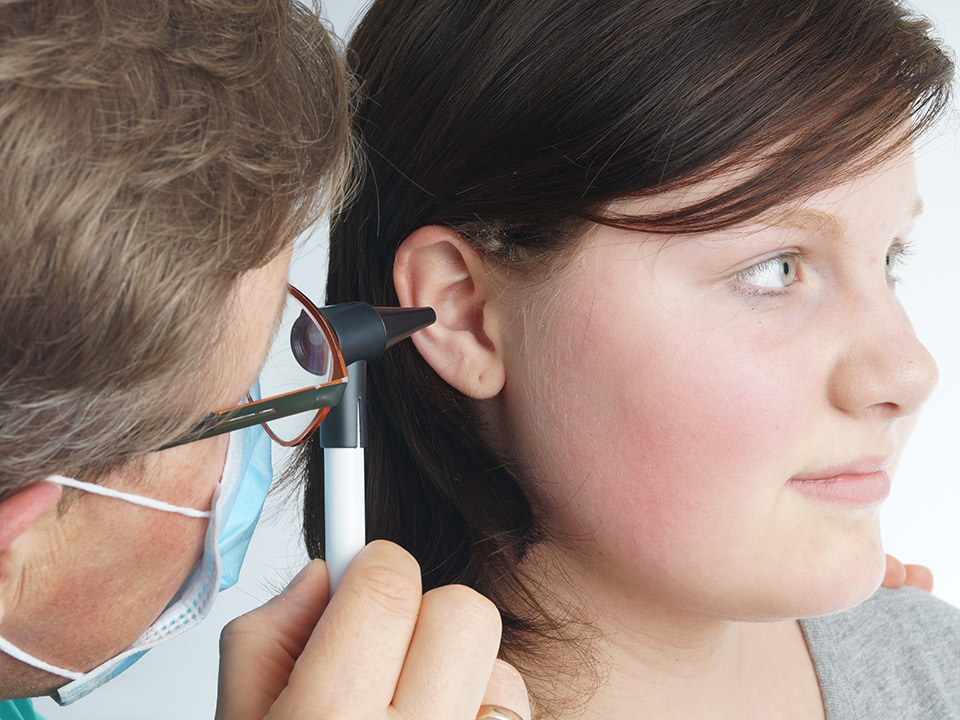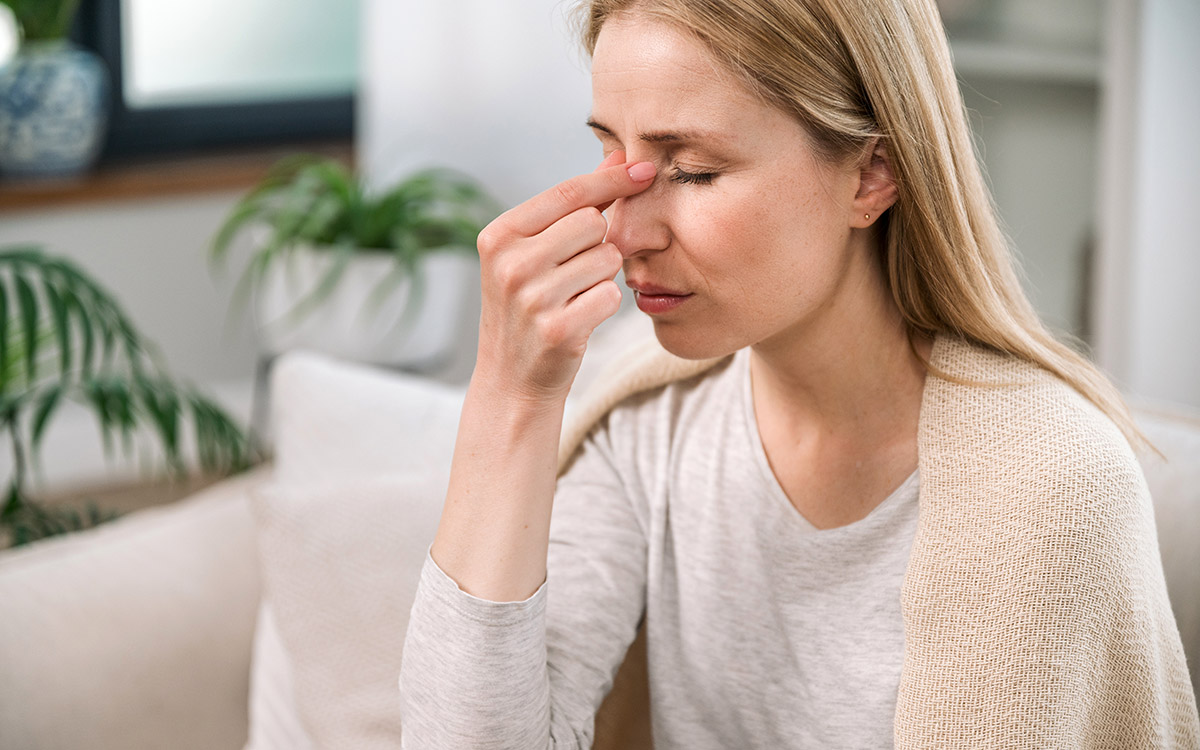Not all itchy ears result from infections. Yet, the most common symptoms of ear infections are an itchy ear. If you have been tugging your ear or battling ear pain for an extended period, you could be struggling with an eye infection. Closely monitor your elderly parent who’s just recovered from pneumonia. If they complain of ear pain or dizziness, get the doctor to examine them for ear infections.
Ear infections occur in different forms, with varying symptoms, and affect people differently. In most instances, the germs causing ear infections come from other illnesses that cause swelling and congestion in the nasal passages and throat. Thus, symptoms of ear infections can show up two to seven days after a cold or upper respiratory infection begins. Besides illnesses, these germs can also come from pool water.
Types of Ear Infections
Itchy ears, though common, can be uncomfortable for anybody. Common causes of itchy ears include infection, blockages, and skin conditions.
Adult Ear Infection
Adult ear infections often signal a more serious health problem. But ear infections affect children more than they affect adults. Childhood ear infections are often minor and pass quickly. Adult ear infections are rare, but you must pay close attention to the symptoms and talk with your doctor immediately.
Inner Ear Infection
The infection affects the inner ear though not every condition diagnosed can be an ear infection. It could be a case of inflammation and not an actual infection. Besides ear pain, symptoms include:
- dizziness
- nausea
- vomiting
- vertigo
- sudden hearing loss
An inner ear infection is uncommon, but even the rarest inner ear trouble may indicate a more severe condition, such as meningitis.
Middle Ear Infection
The middle ear sits just right behind the eardrum. In medical terms, a middle ear infection is called Otitis media and can come with a fever and cause trouble hearing until the infection clears. An infection that troubles the middle ear may occur due to fluid trapped behind the eardrum.
The trapped fluid causes the eardrum to bulge hence causing an earache. The random fluid that drains from your ear could be a sign the middle ear infection has progressed to a tympanic membrane rupture. If not treated urgently, this condition can cause sudden hearing loss.
Outer Ear Infection
The outer ear, also known as otitis external, extends from your eardrum to the ear opening. A more common symptom of an outer ear infection is an itchy rash that may gradually become:
- painful
- tender
- red
- swollen
Causes of Ear Infections
These include the following:
1. Itchy Ears
Itchy ears could result from an infection. Bacteria and viruses can combine with a cold or flu to cause ear infections. Sometimes, water trapped in the ear or earwax buildup can cause ear infections. Chronic itchy ears may recur and, in which case, require urgent medical treatment.
2. Dry Ears
Earwax keeps the ear clean and healthy. But some people naively clean their ears for too long. Excessive cleaning of the ear can remove the wax from the ear and dry it out, causing irritating itchiness. Also, you may have dry ears if your ear doesn’t produce enough ear wax naturally. Dry ears cause flakes of dry skin around the ear.
3. Food Allergies
Allergies to hay or pollen grains may make your ears itchy whenever you eat some fruits. The allergy syndrome may cause a prickly feeling in your ears. But the itchiness should stop as soon as you swallow the food or take it out of your mouth.
Unfortunately, for this condition, you may never know how severe it is unless you visit your doctor. More importantly, you may need to carry an epinephrine auto-injector if you have extreme food allergies.
4. Earwax Blockage
While there are people who don’t miss an ear cleaning day, there are others who take centuries to remove excess earwax. The buildup of earwax can cause itchy ears and affect hearing. Earwax keeps the ear clean and protects the inner ear from infection.
While earwax naturally moves out of the ear, regularly cleaning your ears is essential. The earwax comes out of the ear carrying dead skin cells and debris, which will dry out and fall away over time. Also, earwax buildup can occur if you stick something into your ear canal. The ear canal is the small tunnel that connects the outer ear to the middle and inner ear.
An earwax blockage traps bacteria in the ear and causes an infection.
5. Cleaning Your Ears
Some cotton swabs you insert into your ears can inflame your ear canal and leave you itching. Other objects such as bobby pins, paper clips, matchsticks, and your fingers can also scratch the skin inside your ears. Bacteria can enter your ear through the scratched skin and cause an infection.
6. Skin Condition
If you have an underlying skin disorder like psoriasis or eczema, your skin becomes red, dry, cracked, and itchy. Areas around the ear also become itchy. In most instances, areas around the ear and the ear also become infected due to the disruption in the skin barrier that protects the skin from infections.
Besides eczema, seborrheic dermatitis, a type of rash that affects the sebaceous glands, may cause itchy ears. The rash caused by seborrheic dermatitis may appear as inflammation in the ear canal or along the hairline behind the ear.
Takeaway
Sinus issues or itchy ears that cannot find relief should be a significant concern. Sometimes, the itchiness around the ear might not cause so much discomfort but may end up doing severe harm to the ear.
The King’s Pharmacy and Compounding Center specialists can help you identify the cause of your symptoms and provide you with the best treatment options. Make a date with them and find out how the recurring itching in your ear can go away.










